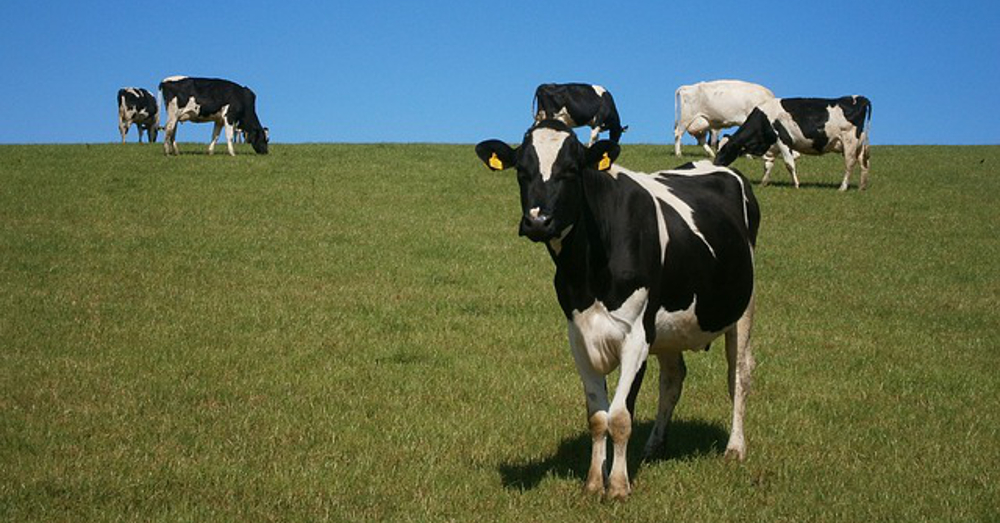
Seaweed Shown to Reduce 99% Methane from Cattle
News that a slight dietary change could dramatically reduce the amount of environmentally harmful methane gas released by cattle has been given an enthusiastic welcome by Irish farmers.
Researchers at James Cook University in Queensland, Australia, found the addition of less than 2 per cent dried seaweed to a cow’s diet could reduce their methane emissions by as much as 99 per cent.
July 16, 2017 | Source: The Irish Times | by Tim O'Brien
Welcome for Canadian and Australian studies that also show healthier, more fertile cattle
News that a slight dietary change could dramatically reduce the amount of environmentally harmful methane gas released by cattle has been given an enthusiastic welcome by Irish farmers.
Researchers at James Cook University in Queensland, Australia, found the addition of less than 2 per cent dried seaweed to a cow’s diet could reduce their methane emissions by as much as 99 per cent.
The study builds on the experience of a Canadian farmer who discovered in 2012 that cattle eating wind-blown seaweed were not just more healthy than others, but enjoyed a longer mating cycle. Researchers Rob Kinley and Alan Fredeen subsequently confirmed the results as well as finding seaweeds and similar plants reduced methane emissions.
This was further substantiated by the Australian study, which was led by Prof of Aquaculture Rocky De Nys in collaboration with the Commonwealth Scientific and Industrial Research Organisation.
Agriculture and transport are the largest contributors to Ireland’s climate change emissions and there have long been suggestions that the population should eat fewer burgers and steaks in an effort to reduce cattle numbers and protect the environment.
The gas is released via burps and flatulence by the estimated 1.5 billion cows as a byproduct of their biology. Cows, with the help of stomach bacteria, digest their food through a process called enteric fermentation, which allows them to live on a cellulose-heavy diet of grass.
